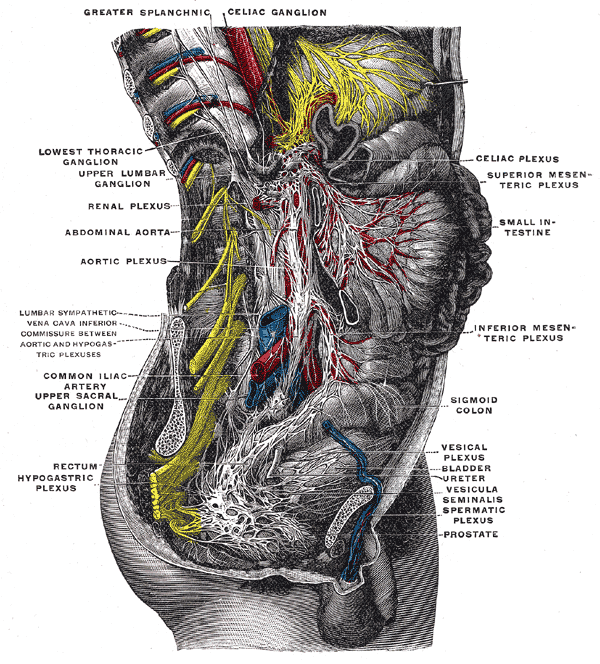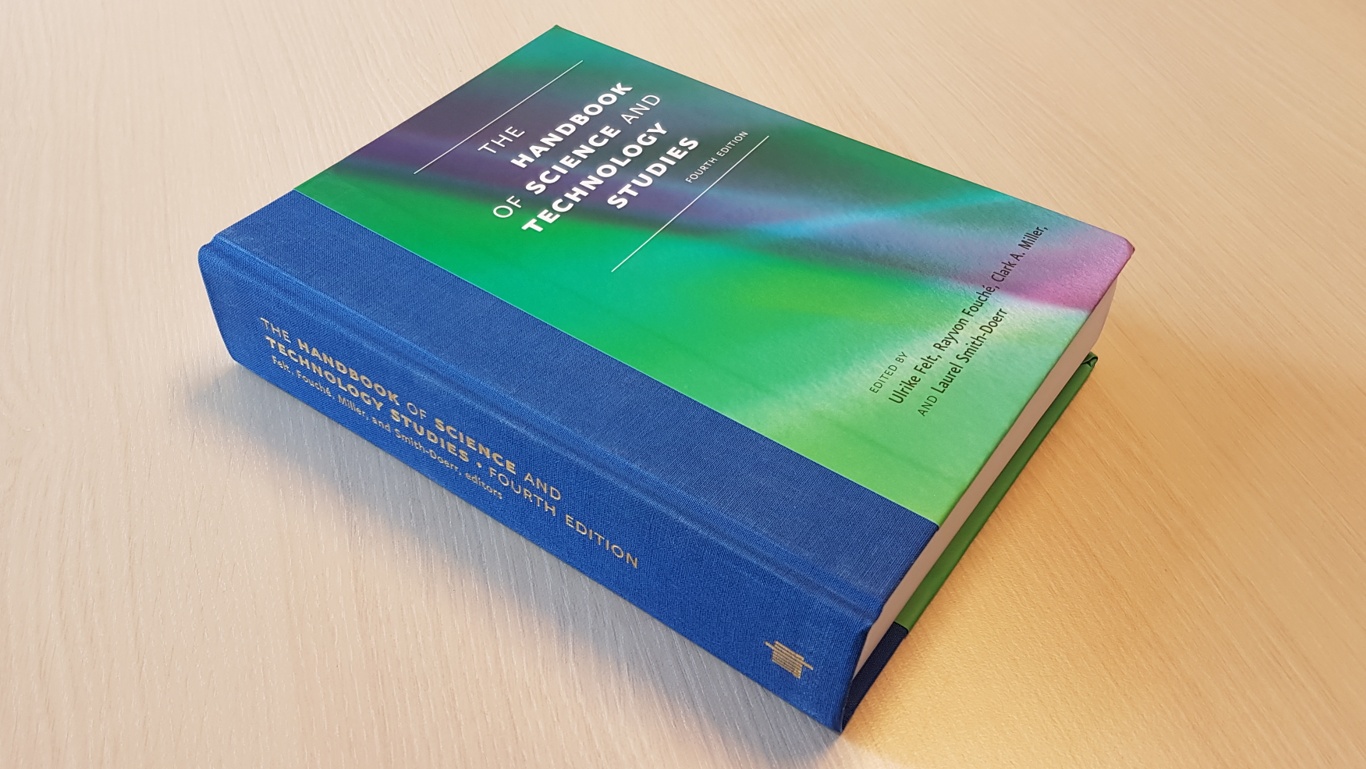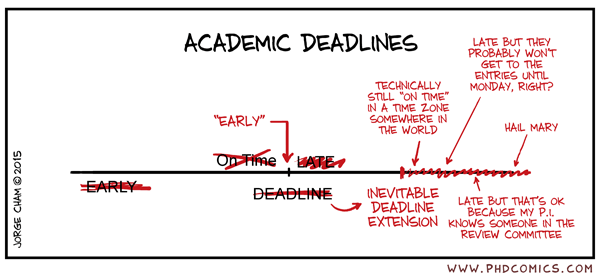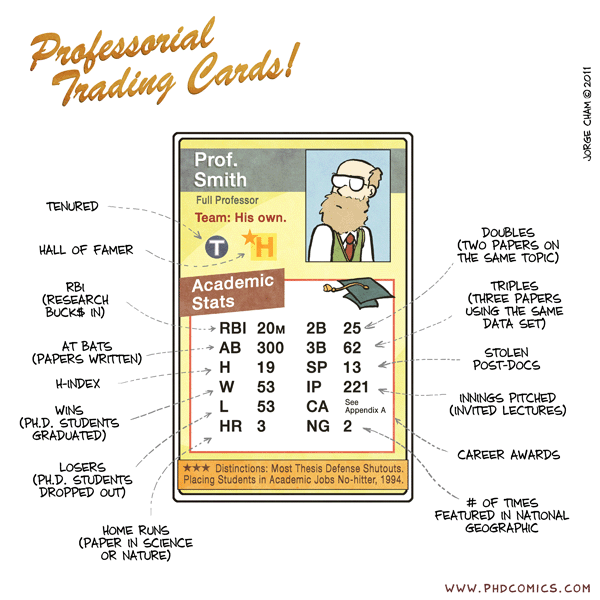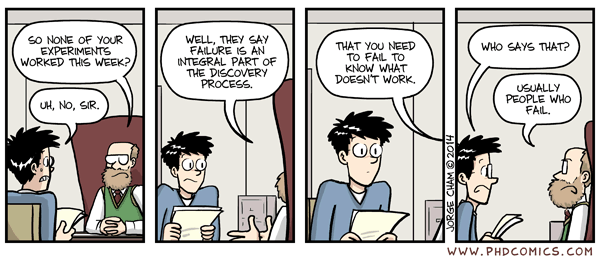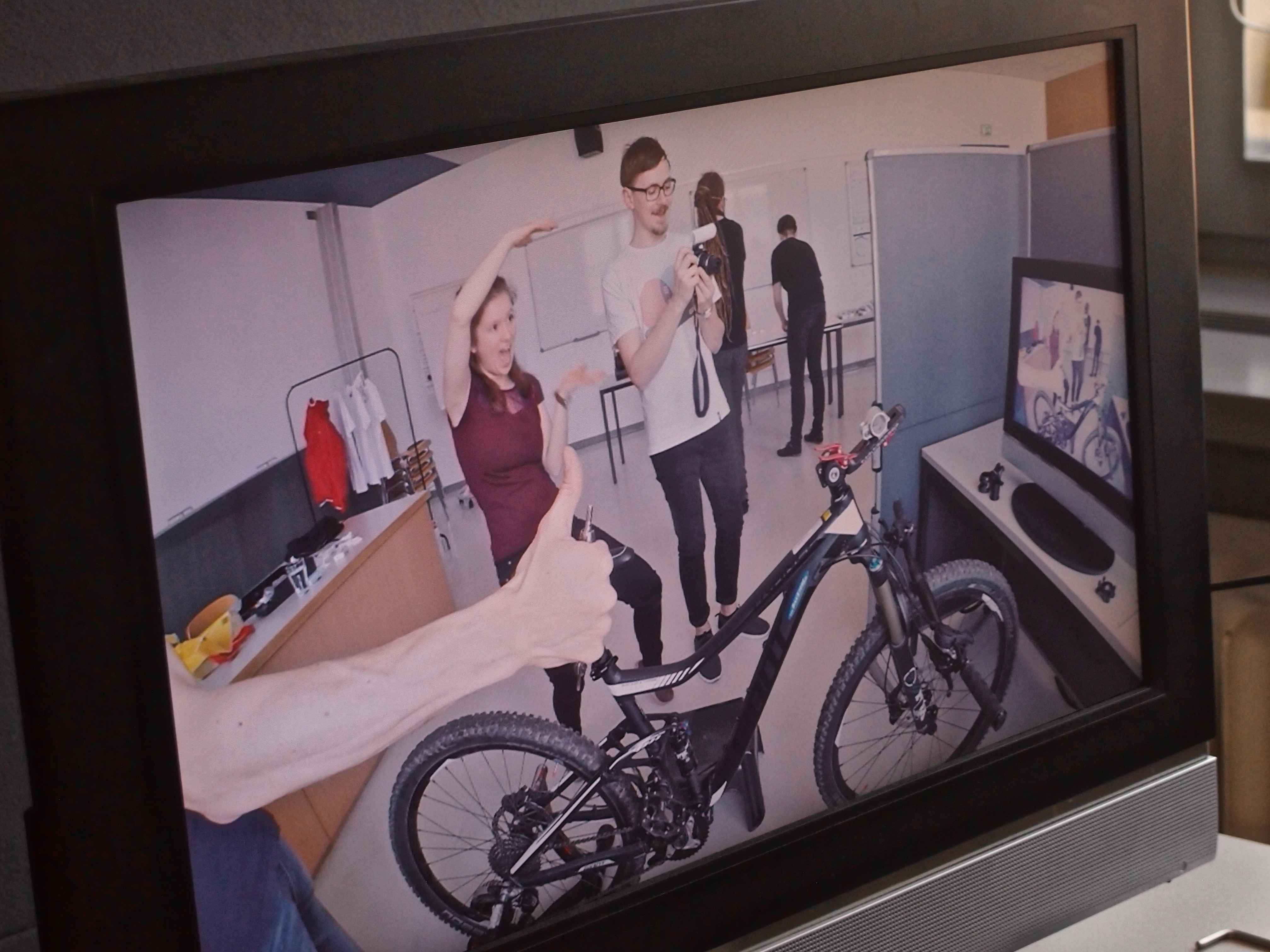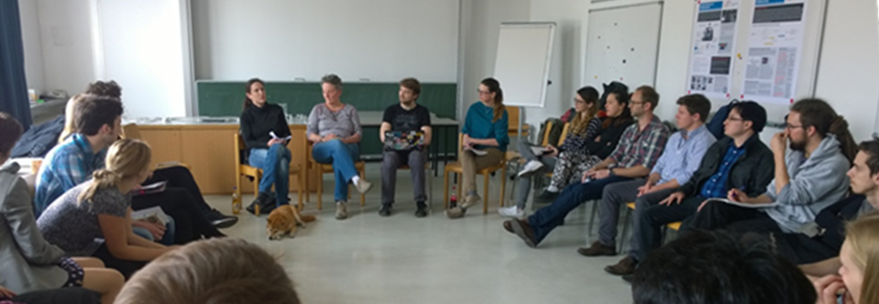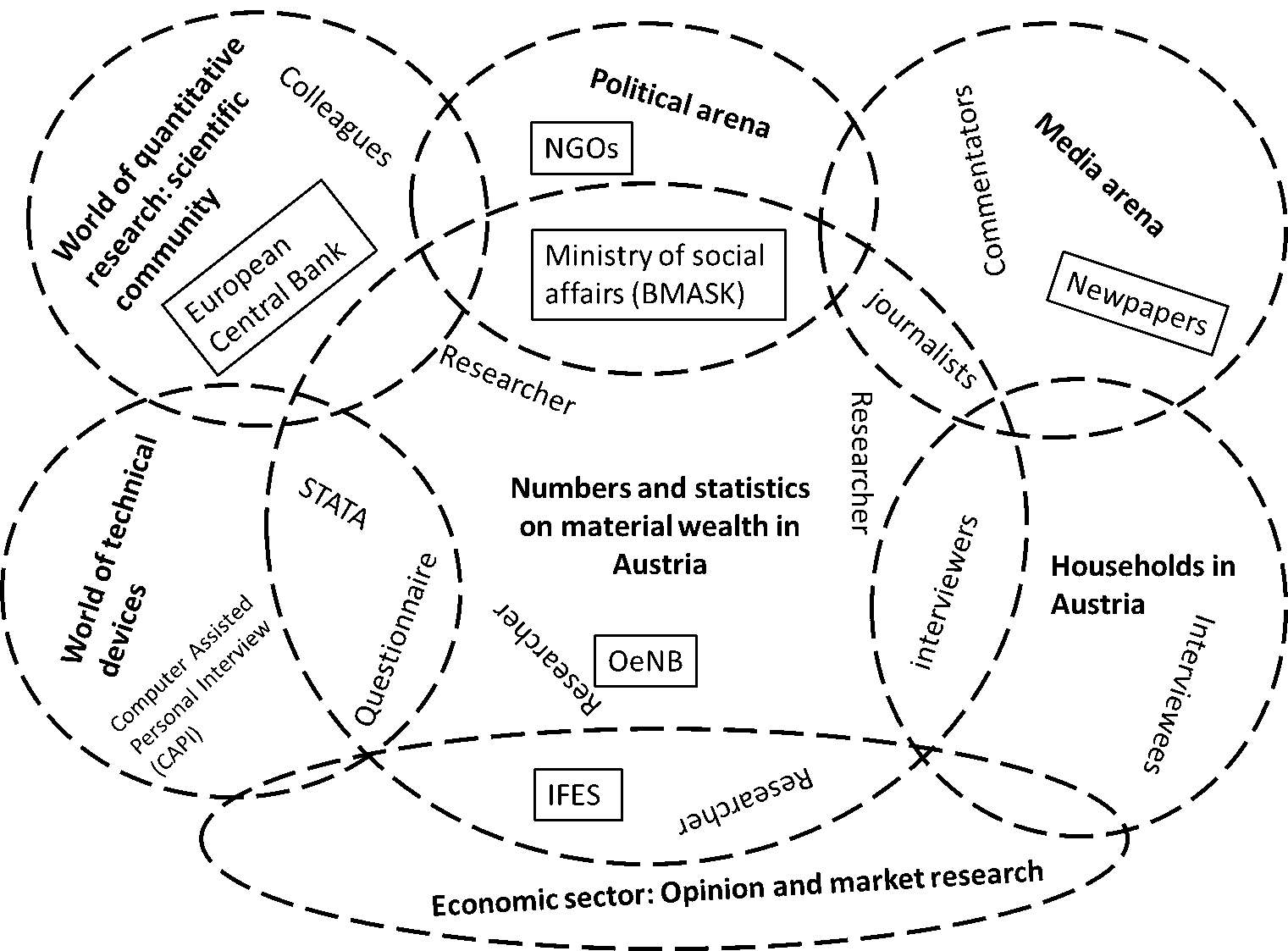by Erik Aarden
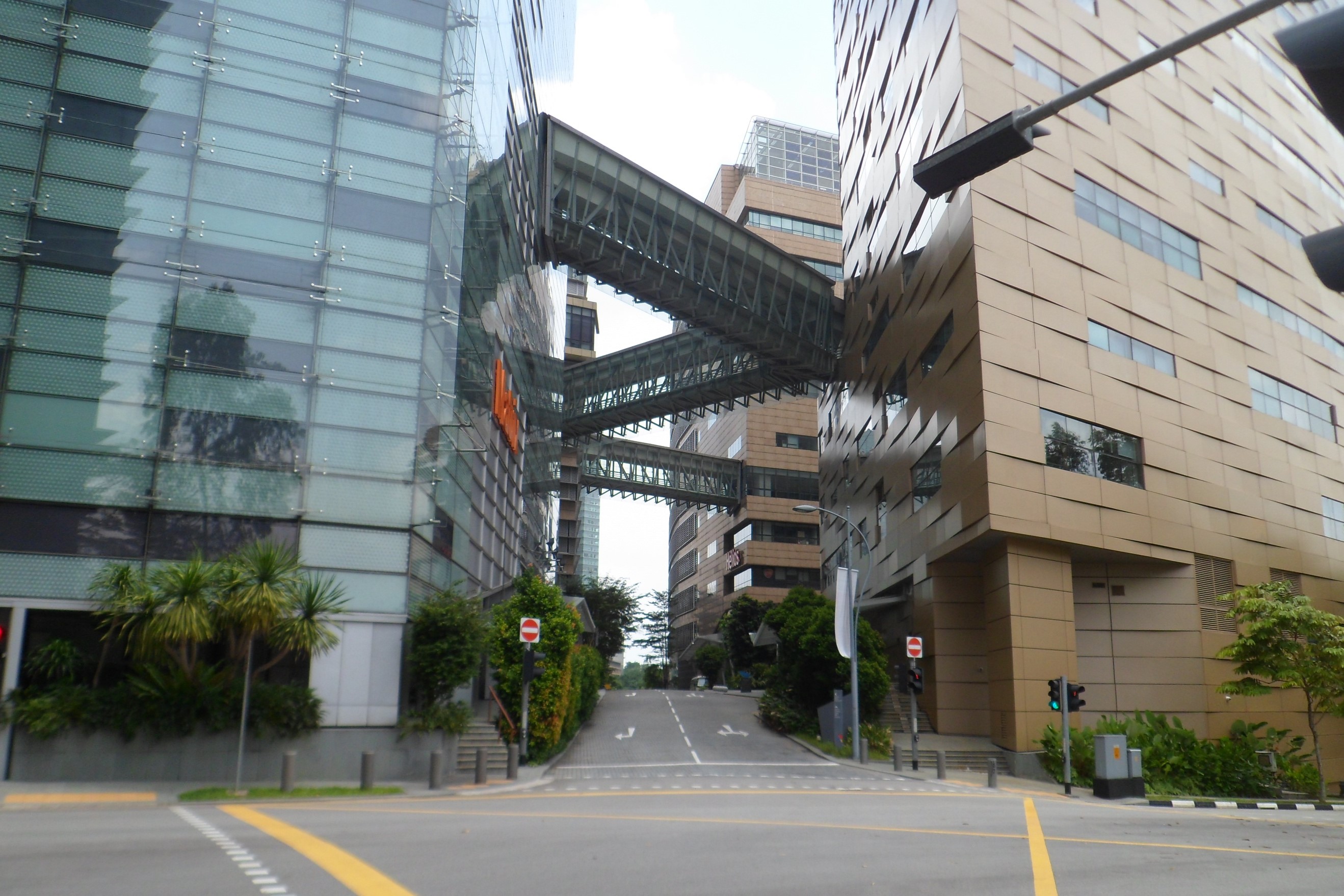
Since the beginning of this century, many governments have invested heavily in biomedical research, in the hope of both improving population health and stimulating economic growth. Central to these investments have been the establishment of new research infrastructures that are supposed to contribute to cutting-edge biological research and to turning research results into both clinically and commercially viable products. For example, in the United States, the National Institutes of Health launched the National Center for the Advancement of Translational Science (NCATS) in 2012 “so that new treatments and cures for diseases can be delivered to patients faster”. Along similar lines, various institutions in government, academia and the private industry in the Netherlands established a national Health Research Infrastructure (Health-RI) last year. But how do policy visions of the medical and economic promise of research match up with the often mundane and highly specific research done within these infrastructures? To what extent can research infrastructures make promises come true, and what are the risks in expecting them to do so?
In a recently published article in Science and Public Policy, I explored these questions in relation to one specific case: the Singapore Tissue Network (STN). The government of Singapore has been especially assertive in sketching out a strategy for biomedical research as a domain of social and economic promise at the beginning of this century. Like in many other places, the establishment of new research infrastructures was an important element of this strategy. The STN was therefore set up as part of a first batch of new institutes and infrastructures a little more than fifteen years ago. Yet this particular facility did not exist for long, as it was shut down in 2011. This raises the question why high hopes associated with this particular institution did not materialize. The official version of events is that researchers did not use the facility, yet that left me with the question why they did not use it. To find that out, I spend five weeks in Singapore in 2013 to talk to researchers, administrators and policy-makers about the fate of the STN.
In my article I describe how the STN closed because different actors had very distinct understandings of the repository’s usefulness. In brief, I found that policymakers projected usefulness onto the Singapore Tissue Network, whereas researchers believed that usefulness was produced in the way the repository stored and operated its collection. This difference between projection and production manifested in various ways, ranging from how tissues of interest were identified and collected, how centrally stored tissues were made available to researchers, to how tissue was supposed to contribute to the aims of advancing medical knowledge and stimulating Singapore’s economy.
An example may help in clarifying the point. For the Singapore government, which is present in this story through its main research funding body, the Agency for Science, Technology and Research (A*STAR), one of the most important functions of the STN was to stimulate collaboration between researchers. Collaboration was considered to be an important ingredient to making research economically valuable. The funding agency therefore tried to stimulate collaboration by only giving users of the samples access to important data about those samples if they would work together with colleagues who contributed the tissue samples to the STN. Yet scientists were used to working with vastly different routines for exchanging data. They would not just give data they worked to collect and with which they were entrusted by the patient to anyone who came calling. Instead, collaboration with and trust of other researchers was a precondition for providing data to colleagues, and not a result of it. Due to this and similar gaps in perspectives on how a central tissue repository might be useful, researchers saw fairly little use in the STN and indeed ended up not using the services it offered. As a consequence, A*STAR did not consider it to be very useful either and decided to close the STN.
So what can we learn from this episode of an infrastructure not delivering on its promise, particularly in light of the ongoing and rapid establishment of similar infrastructures around the world? In my article, I explain that this is not simply a case of policymakers misunderstanding science, or researchers rejecting any purposes for their work other than advancing science. In fact, biomedical research and development in Singapore continue to this day, with clear economic objectives. What I do suggest, is that researchers and policymakers had different expectations and timeframes for these expectations, which made the STN redundant for both. An important lesson we may draw from this episode for similar initiatives elsewhere, is the central role of trust and communication in making investments in research infrastructures (not) work. Perhaps more explicit discussion of the different expectations and different ways of workings around Singapore’s tissue repository would have resulted in a longer and more successful existence for the STN.
Erik Aarden is postdoctoral university assistant with the STS Department at the University of Vienna. In his research and teaching he is interested in the relations between science and technology, socio-political orders and implications for distributive justice, seen through a comparative lens and with a focus on biomedicine.

